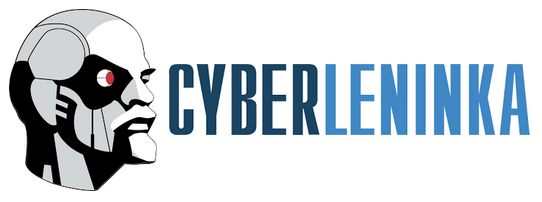NEUROPROTECTIVE EFFECT OF THEAFLAVINE IN EXPERIMENTAL CHRONIC CEREBROVASCULAR ACCIDENT
UDC 615.214.3:616-092.9:616.831-005:616.133
DOI:
https://doi.org/10.31684/25418475-2023-2-72Keywords:
neuroprotection, flavonoids, theaflavin, mitochondrial dysfunction, cerebrovascular disordersAbstract
Introduction. Theaflavin is a polyphenol derived from black tea, known for its antioxidant properties. The high pharmacological activity of theaflavine, as well as the availability of raw materials, make this compound a promising neuroprotector agent. Materials and methods. The experiment was carried out on male Wistar rats, in which a chronic cerebrovascular accident was modeled by partial bilateral occlusion of the common carotid arteries. Tefalavin was administered orally at doses of 25, 50 and 100 mg/kg after simulation of ischemia and then once a day for 14 days. During the experiment, the following indicators were analyzed: cognitive deficit, changes in brain neurotrophic factor, succinate deigdrogenase and cytochrome c oxidase activity. Results. As a result, the use of theaflavine at a dose of 25 mg / kg was found to contribute to an increase in the activity of succinate dehydrogenase and cytochrome c oxidase of 45.7% (p <0.05) and 100.2% (p <0.05), respectively. The level of brain neurotrophic factor in rats treated with theaflavine was significantly higher dose-independent than in untreated animals. There was also a decrease in cognitive deficits in animals treated with theaflavine. Conclusion. Theaflavin in the experiment has a neuroprotective effect by restoring mitochondrial function and increasing the concentration in the neurotrophic factor of the brain, making it a promising object for further study.
Downloads
References
Downloads
Published
How to Cite
Issue
Section
License
Copyright (c) 2023 Дмитрий Игоревич Поздняков

This work is licensed under a Creative Commons Attribution 4.0 International License.












